Is it safe to travel to Sri Lanka?
Government slashes airline costs in bid to reverse tourism slump following Easter attacks
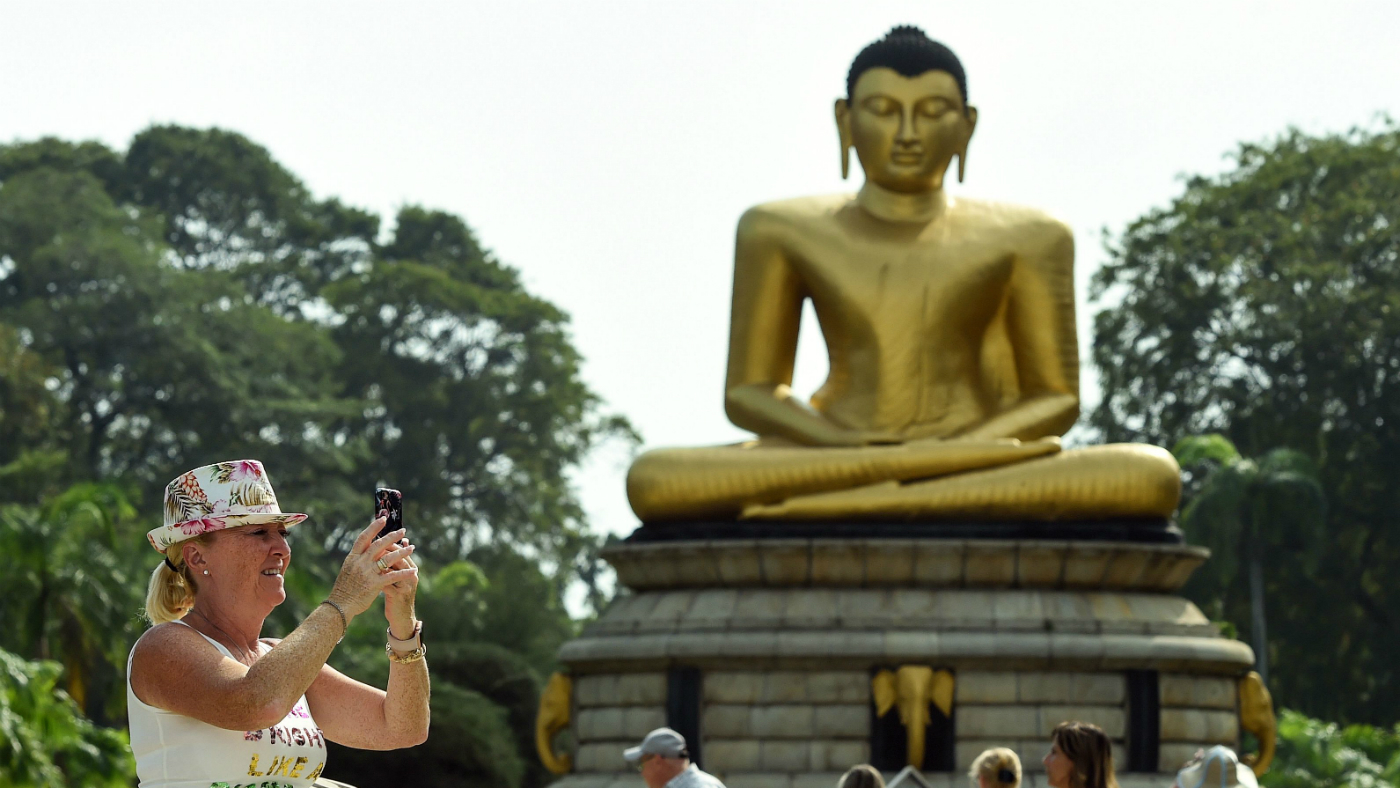
A free daily email with the biggest news stories of the day – and the best features from TheWeek.com
You are now subscribed
Your newsletter sign-up was successful
The Government of Sri Lanka has announced plans to slash the charges paid by airlines, in an attempt to revitalise the country’s ailing tourism industry.
The South Asian island nation has struggled to attract foreign visitors since the devastating attacks on Easter Sunday, when seven suicide bombers from Islamic militant group National Thowheed Jamath targeted three churches and three luxury hotels in capital Colombo and the coastal cities of Batticaloa and Negombo. At least 253 people were killed, including 45 foreigners, most of them from China, India, the US and the UK.
Last year, around 2.3 million tourists visited Sri Lanka, where 29 airlines offered around 300 flights per week. But in the wake of the attacks, on 21 April, more than 60 flights per week have been cancelled, amounting to a loss of 8,000 passenger seats, The Guardian reports
The Week
Escape your echo chamber. Get the facts behind the news, plus analysis from multiple perspectives.

Sign up for The Week's Free Newsletters
From our morning news briefing to a weekly Good News Newsletter, get the best of The Week delivered directly to your inbox.
From our morning news briefing to a weekly Good News Newsletter, get the best of The Week delivered directly to your inbox.
Overall tourist arrivals were down 57% year-on-year for June and 71% for May, according to the Sri Lanka Tourism Development Authority.
This week, Tourism Minister John Amaratunga said that the government would reduce ground handling charges for airlines and slash aviation fuel and embarkation taxes in order to help drive down ticket prices. The cuts in charges and fees will apply to Colombo Airport, the country’s main port of entry, and will be in place for six months.
According to the Washington D.C-based Federal News Network, tourism accounts for around 4.9% of Sri Lanka’s GDP, with around half a million Sri Lankans depending directly on tourism, and a further two million indirectly dependent on the sector.
But while the new measures may cut the cost of flying to Sri Lanka, a key question remains - is the country safe for tourists?
A free daily email with the biggest news stories of the day – and the best features from TheWeek.com
Terrorism
Shortly after the attacks, the UK Foreign and Commonwealth Office (FCO) updated its travel advice for Sri Lanka, warning against all but essential visits.
The FCO downgraded the warning at the start of June, but advised that “terrorists are very likely to try to carry out attacks in Sri Lanka” and that travellers should “remain vigilant” and “avoid crowded public places, large gatherings and any demonstrations”.
Security has been stepped up across the island and a state of emergency remains in place, which means travel within Sri Lanka may take longer than normal and a curfew may be enforced.
Colombo’s Bandaranaike International Airport has been “advising passengers to arrive at the airport at least four hours before departure, due to the introduction of additional security measures”, The Daily Telegraph reports.
Mines
The US State Department (DOS) reports that the Sri Lankan military “continues to maintain a significant presence in the north” as a result of the one of the most dangerous elements of Sri Lankan life - unexploded mines.
The country’s 26-year civil war, which ended in 2009, resulted in large areas of both the northern and eastern provinces being widely contaminated with landmines and unexploded bombs.
There is no way to know how many remain, but the Mines Advisory Group International reports that since the end of the conflict, workers have released “over 35 million square metres of land, and cleared over 42,000 mines and 14,800 other unexploded bombs in Sri Lanka”.
The most heavily affected areas are the districts of Ampara, Anuradhapura, Batticaloa, Jaffna, Kilinochchi, Mannar, Mullaitivu, Polonnoruwa, Trincomalee and Vavuniya. People travelling to these areas should “stay on main, heavily travelled roads, and never walk in forested or agricultural areas or in abandoned properties”, says the DOS.
As a result of ongoing de-mining efforts, travellers to the north may “encounter further restrictions, including around military establishments”, adds Britain’s FCO.
Safety and security
Credit card fraud poses a risk to visitors to Sri Lanka, according to the FCO, which advises travellers to use cash “wherever possible and only use ATMs attached to banks or major hotels”.
Thefts from hotels and guesthouses have also been reported, and criminals on mopeds or motorbikes have snatched bags from tourists in the street.
In addition, organised and armed gangs are “known to operate in Sri Lanka and have been responsible for targeted kidnappings and violence”, the FCO warns.
Sex crimes
Sri Lanka has seen “an increasing number of reports of sexual offences including on minors”, says the FCO.
Female visitors have also reported a number of incidents of verbal and physical harassment by groups of men in recent years.
“Such harassment - ranging from sexually suggestive or lewd comments to physical advances and sexual assaults - can occur any time or anywhere, but most frequently has taken place in crowded areas such as market places, railway stations, buses, public streets and sporting events,” adds the UK government department. “Women should take particular care when travelling alone or in small groups, and carry a personal alarm.”
Natural disasters
The island nation frequently experiences two natural phenomena that pose a threat to life: tropical cyclones and monsoon-related floods.
Canada’s Ministry of Foreign Affairs reports that cyclones (often called typhoons) usually occur between April and December and can result in “loss of life, and extensive damage to infrastructure, and can hamper the provision of essential services”.
Meanwhile, the monsoon season extends from December to March in the northeast of Sri Lanka, and from June to October in the southwest, and can cause devastating flooding. In 2017, flooding from a severe monsoon season in the southwest of the country killed more than 200 people, and scores more remain missing.
-
 What is the endgame in the DHS shutdown?
What is the endgame in the DHS shutdown?Today’s Big Question Democrats want to rein in ICE’s immigration crackdown
-
 ‘Poor time management isn’t just an inconvenience’
‘Poor time management isn’t just an inconvenience’Instant Opinion Opinion, comment and editorials of the day
-
 Bad Bunny’s Super Bowl: A win for unity
Bad Bunny’s Super Bowl: A win for unityFeature The global superstar's halftime show was a celebration for everyone to enjoy
-
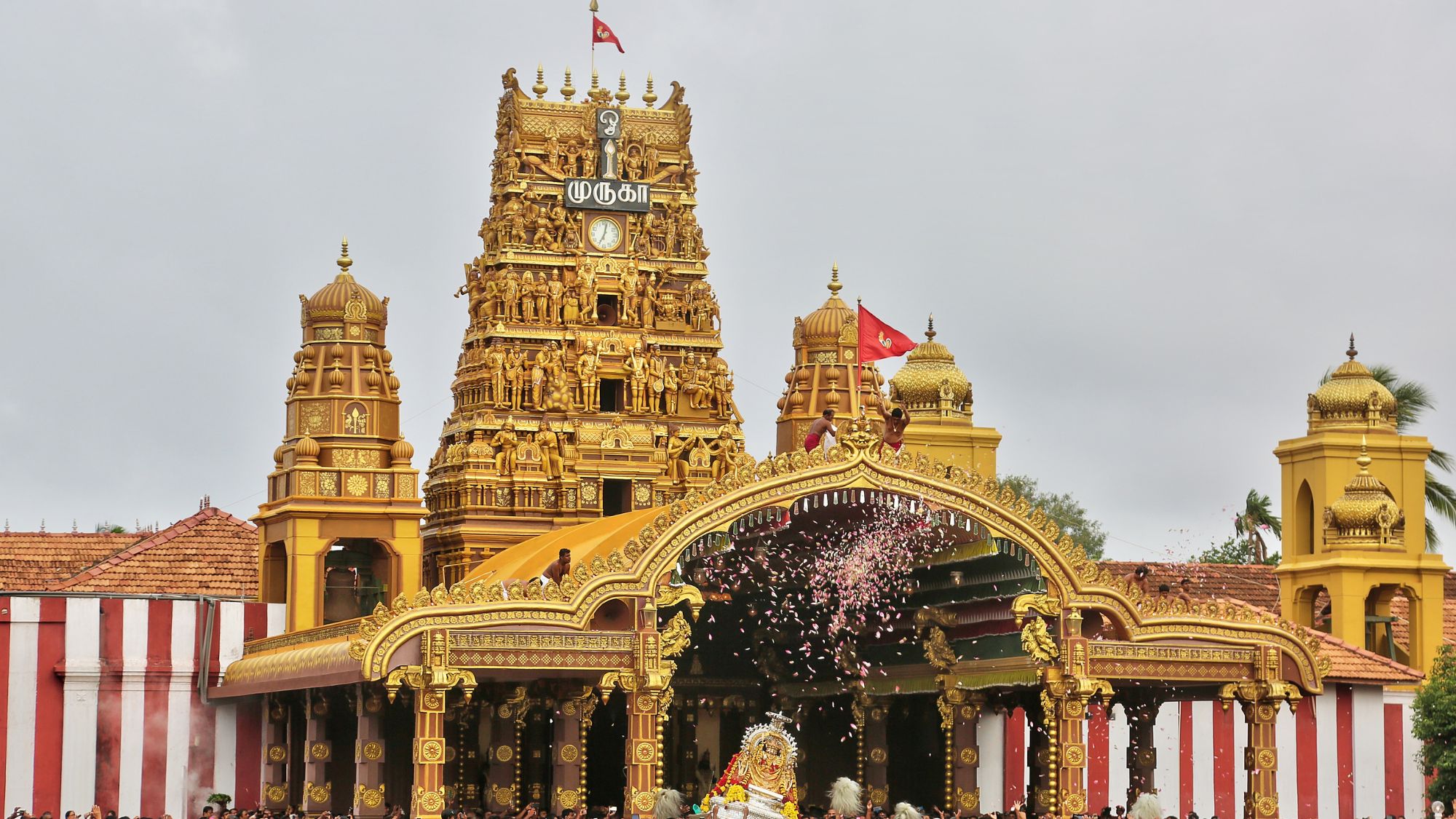 A tour of Sri Lanka’s beautiful north
A tour of Sri Lanka’s beautiful northThe Week Recommends ‘Less frenetic’ than the south, this region is full of beautiful wildlife, historical sites and resorts
-
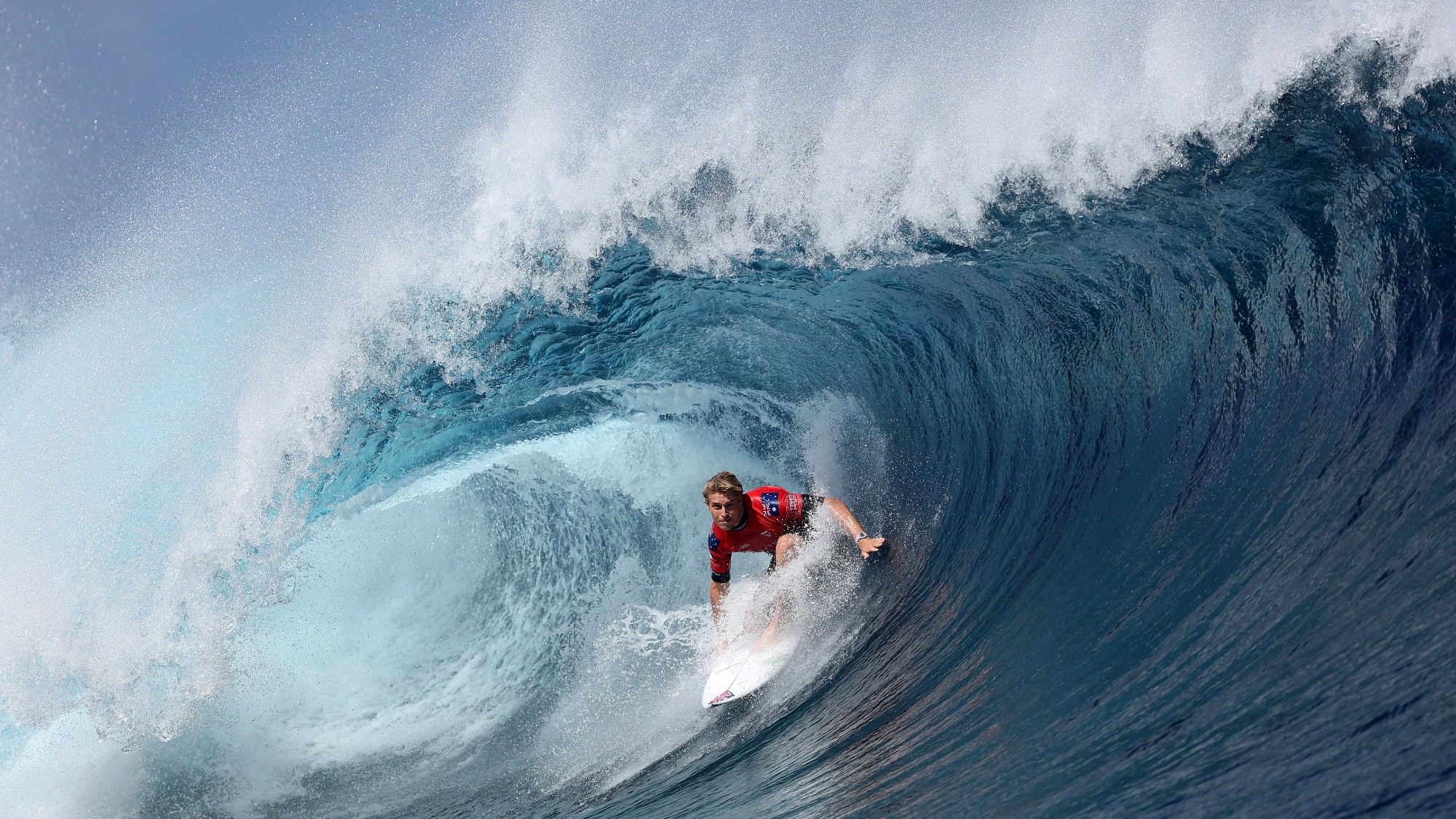 At these 6 gnarly spots, both surfers and onlookers can catch a wave
At these 6 gnarly spots, both surfers and onlookers can catch a waveThe Week Recommends Be a (sort of) part of the action
-
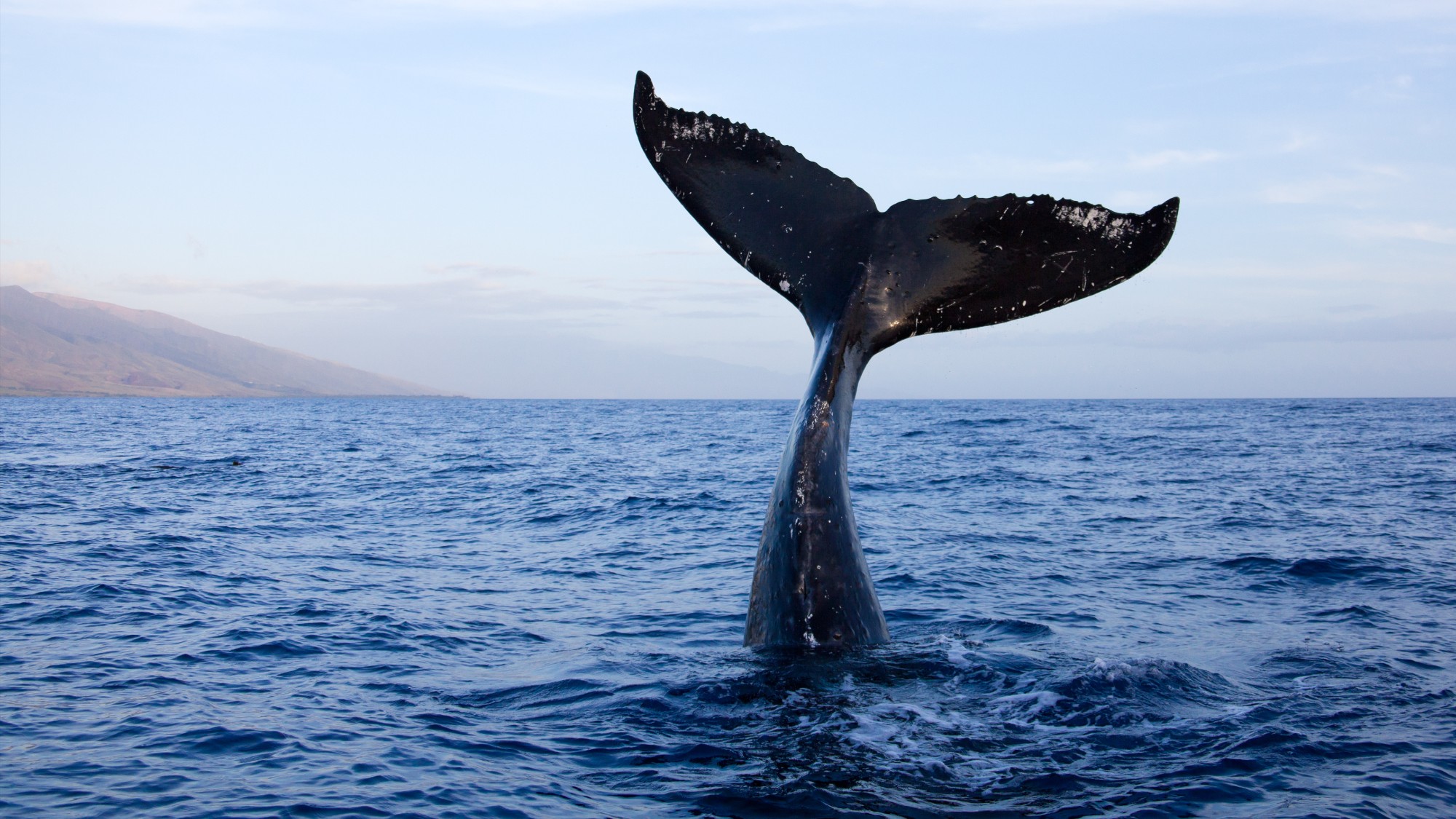 This winter heed the call of these 7 spots for prime whale watching
This winter heed the call of these 7 spots for prime whale watchingThe Week Recommends Make a splash in Maui, Mexico and Sri Lanka
-
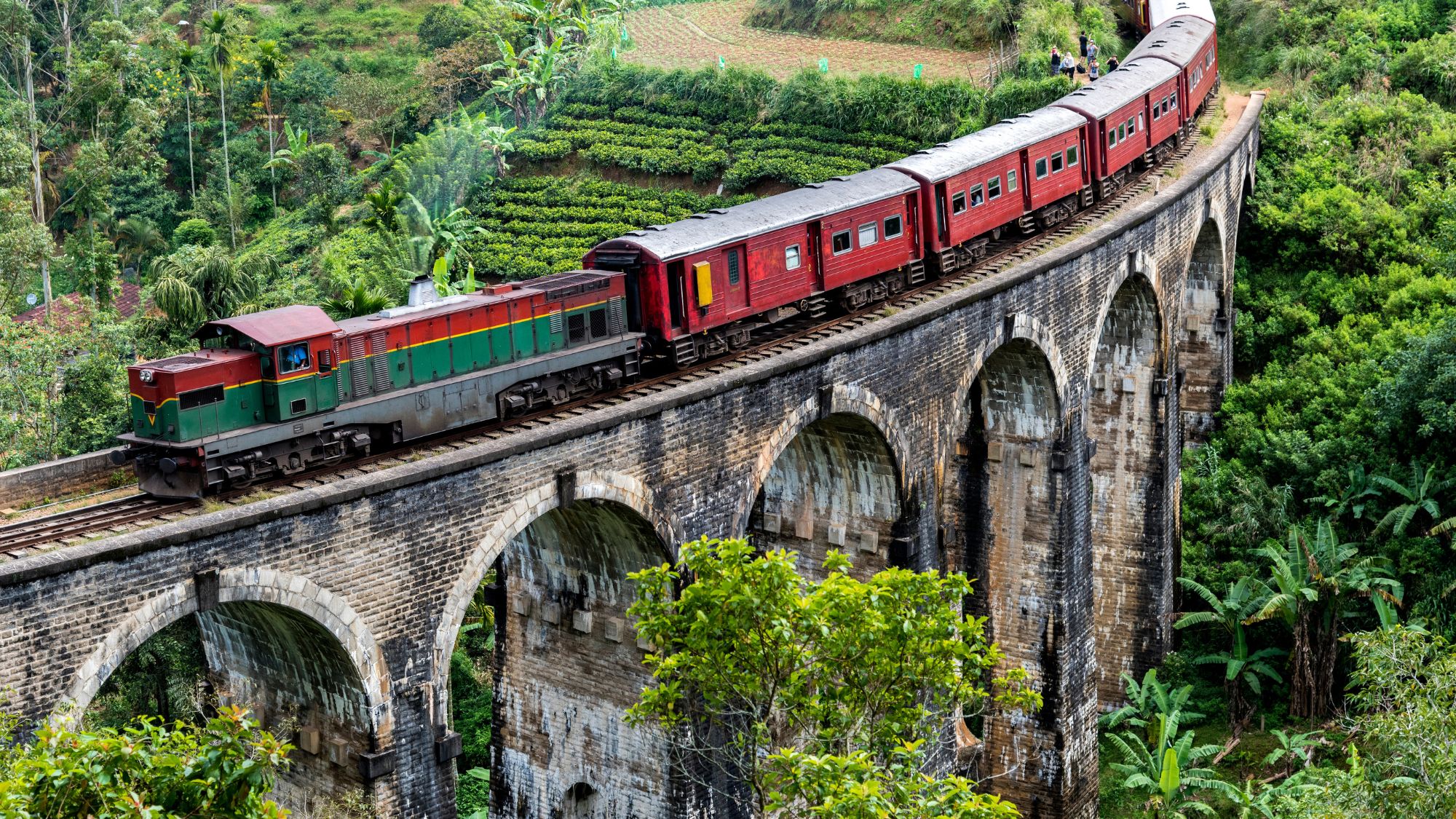 The wild beauty of southeast Sri Lanka
The wild beauty of southeast Sri LankaThe Week Recommends Dive deep into the island nation's most beautiful and untamed places
-
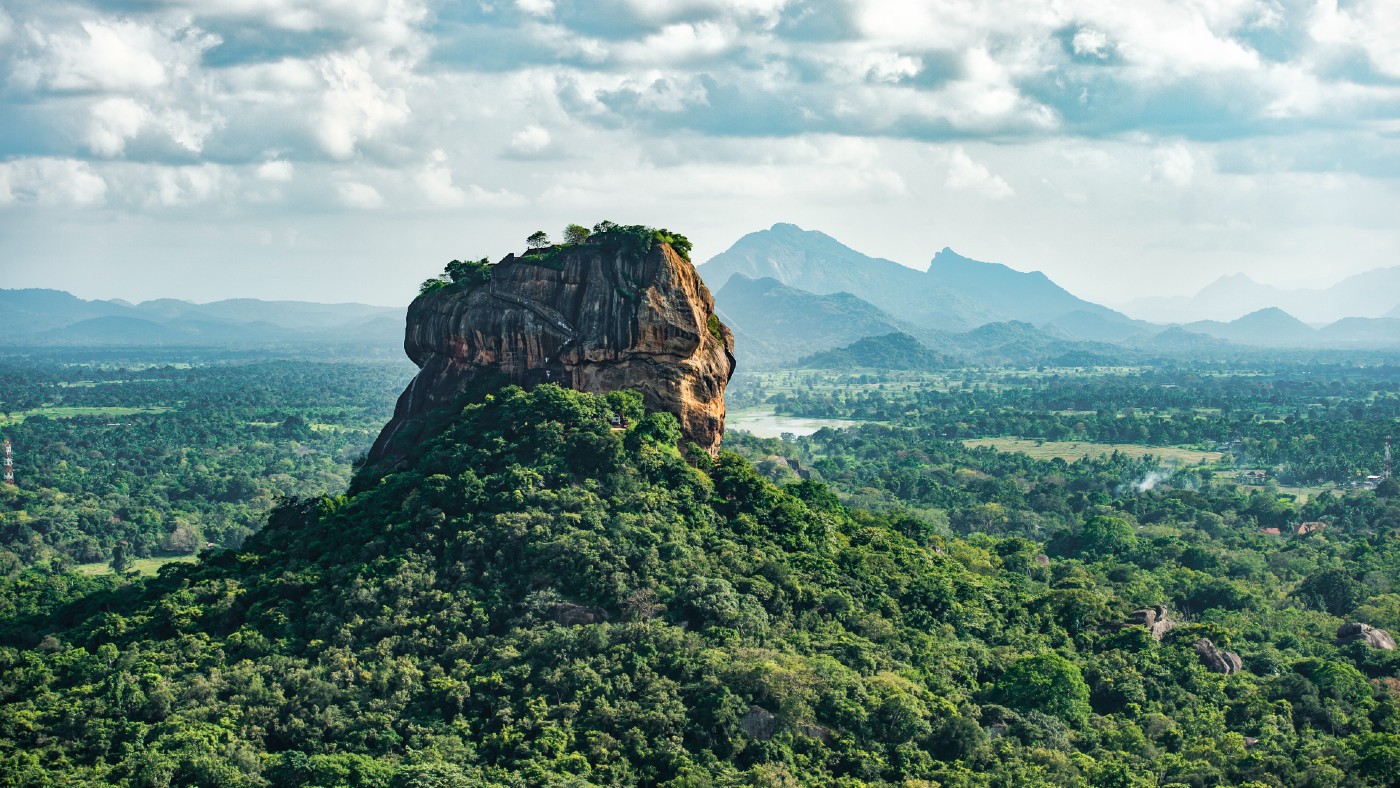 Trip of the week: Sri Lanka’s lush heart
Trip of the week: Sri Lanka’s lush heartThe Week Recommends If you go now, you’ll ‘see the sights without the crowds’
-
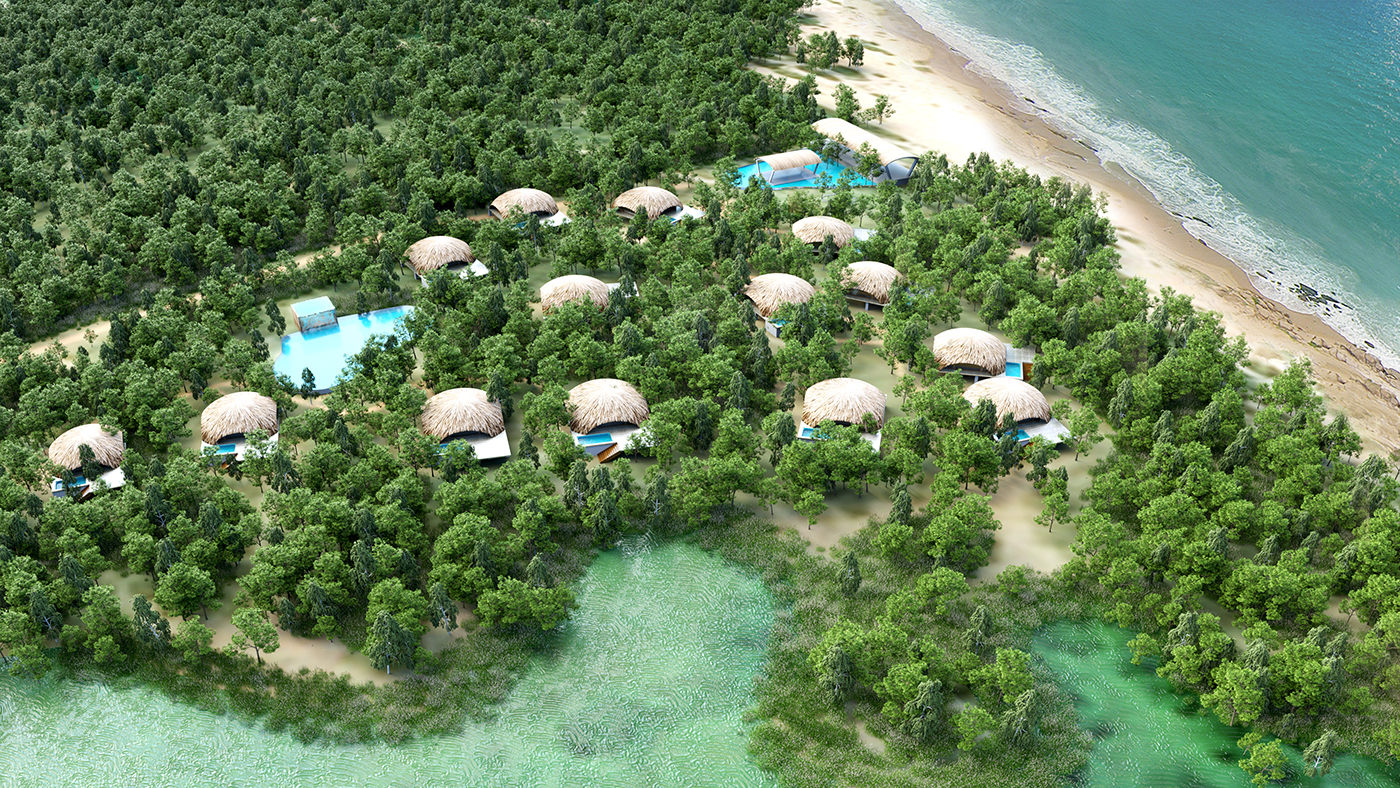 Chena Huts review: rustic by name, luxurious by nature
Chena Huts review: rustic by name, luxurious by natureThe Week Recommends There’s nothing basic about the ‘huts’ at this smart beach resort in south-east Sri Lanka
-
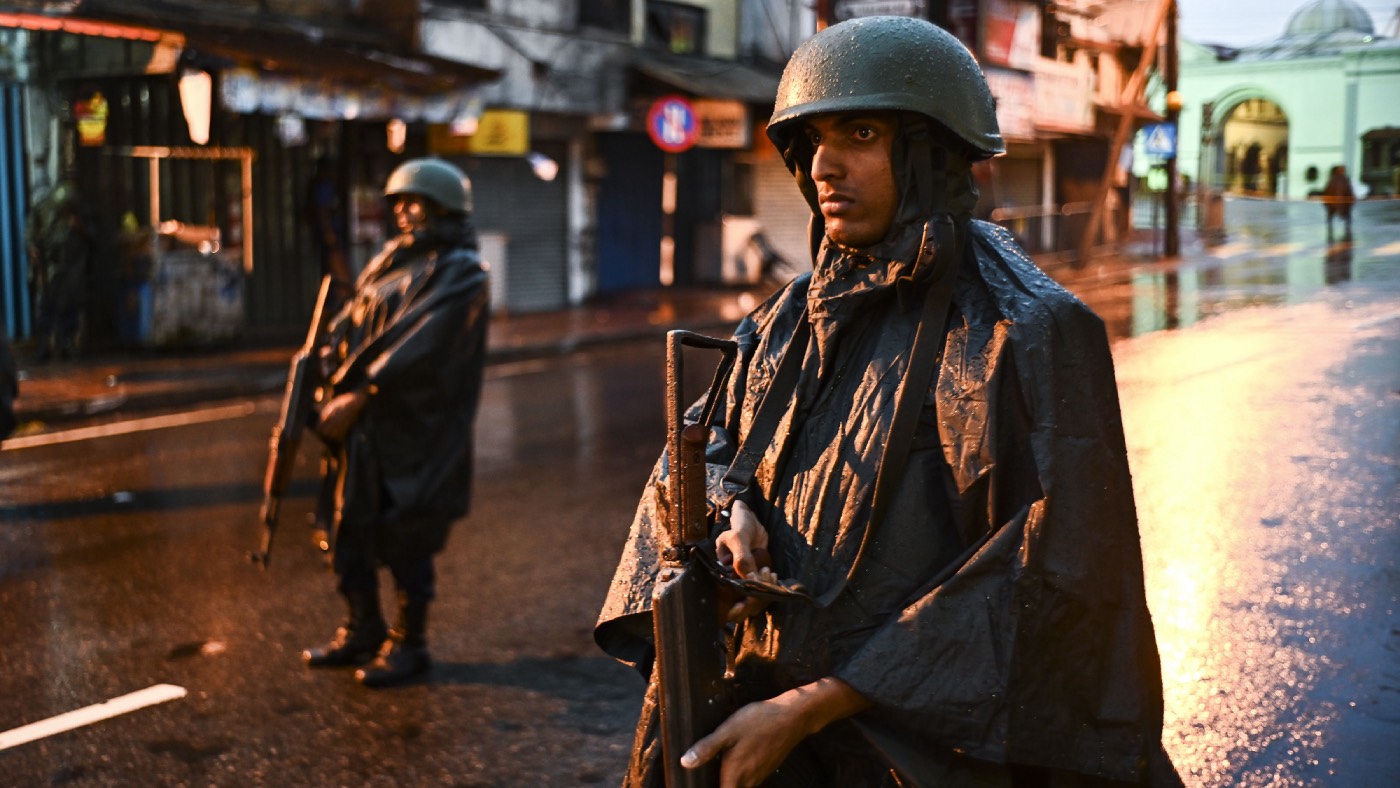 Sri Lanka travel advice: UK warns against all but essential visits
Sri Lanka travel advice: UK warns against all but essential visitsSpeed Read Foreign Office says further attacks likely and US issues warning to avoid places of worship
-
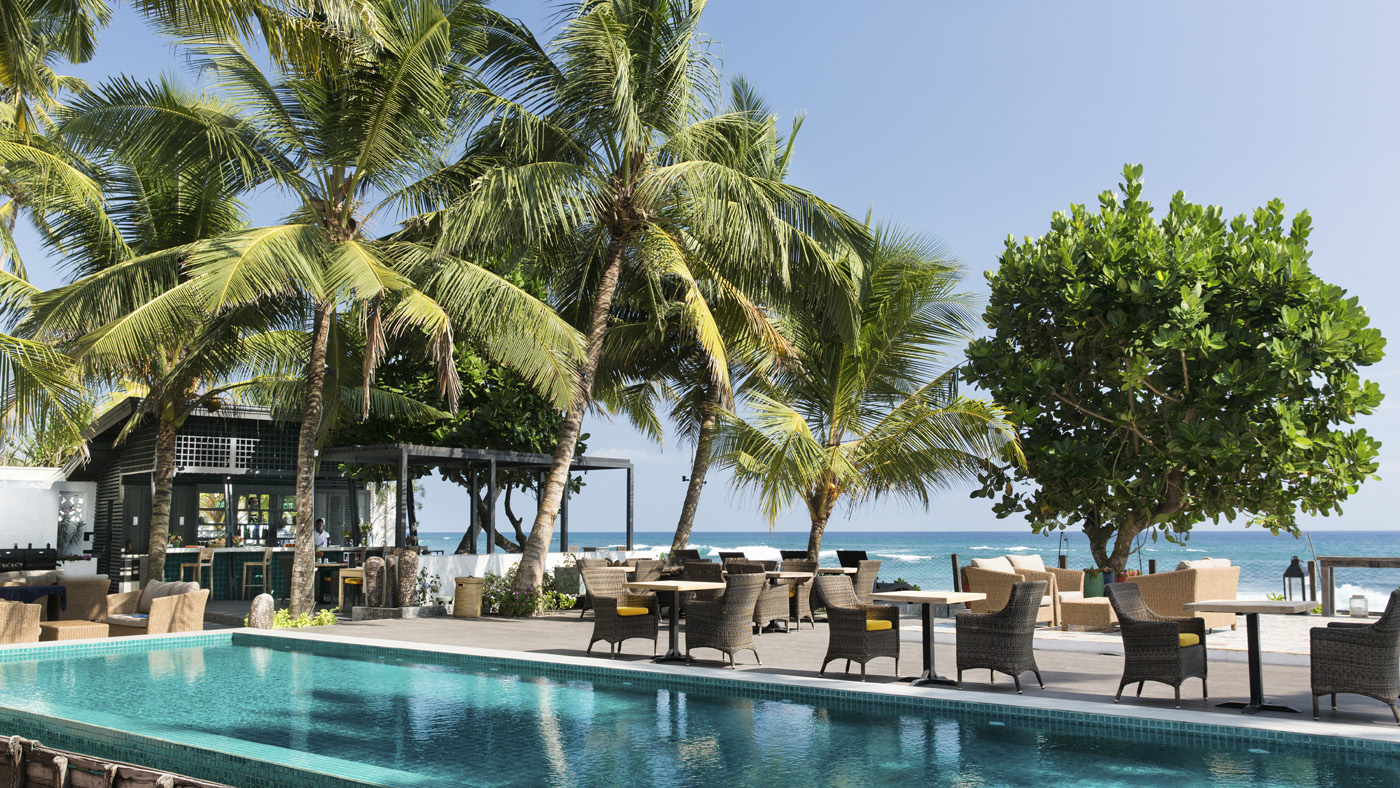 The Owl and the Pussycat, Sri Lanka: what a beautiful hotel it is, it is
The Owl and the Pussycat, Sri Lanka: what a beautiful hotel it is, it isThe Week Recommends A whimsical hideaway stunningly located on the edge of the Indian Ocean